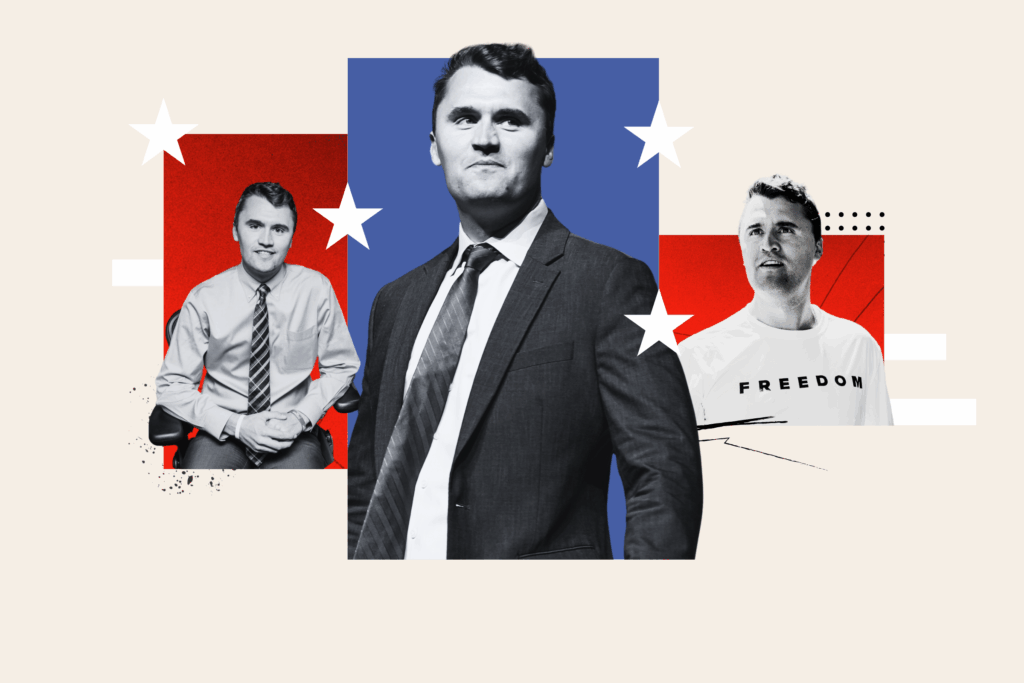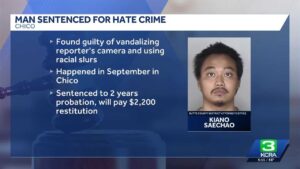
UPDATE: The tragic assassination of Charlie Kirk, founder of Turning Point USA, has ignited urgent discussions about his legacy in American political discourse. Kirk was gunned down last week at Utah Valley University, prompting contributors from Newsweek to debate whether he was a role model for civil debate or a polarizing figure.
In a heated exchange, Paul du Quenoy argued that Kirk embodied the best traditions of rational discourse. He praised Kirk’s commitment to respectful dialogue, stating, “Throughout his unfortunately short life, Charlie committed himself unreservedly to reasoned debate.” Du Quenoy emphasized that Kirk faced hostility but never compromised his values.
Conversely, Nina Turner contested this view, asserting that Kirk’s approach was fundamentally flawed. “While his demeanor was mostly ‘civil,’ the very premise of his format was not one of debate,” Turner claimed. She criticized his events, noting that they often framed his opinions as inherently correct, undermining genuine discourse.
The debate highlights the stark divide in American political culture. Du Quenoy insists that Kirk’s dedication to civil exchange should inspire future generations. He pointed out that the nation largely rejects political violence, citing over 32,000 requests to create new Turning Point chapters across the country, suggesting that many Americans resonate with Kirk’s values.
Turner, however, warned against glorifying Kirk’s legacy without acknowledging the harm of his views. “He expressed support for public executions and argued that children who were raped should be forced to give birth,” she stated. Turner emphasized the need for America to confront its culture of violence, noting that Kirk’s death was not an isolated incident but part of a broader issue of American-on-American violence.
The urgency of this discussion cannot be overstated. As the nation grapples with the implications of Kirk’s assassination, the debate over civil discourse and political violence continues to unfold. Both du Quenoy and Turner agree that the solution lies not in finger-pointing but in fostering a culture of healing and understanding.
As this conversation evolves, it remains critical for all Americans to reflect on the values that shape their political engagement. With the nation still reeling from this shocking event, the impact of Kirk’s life and death will resonate for years to come.
Stay tuned for further updates on this developing story as the discussions surrounding Charlie Kirk’s legacy and the state of political discourse in America continue.





